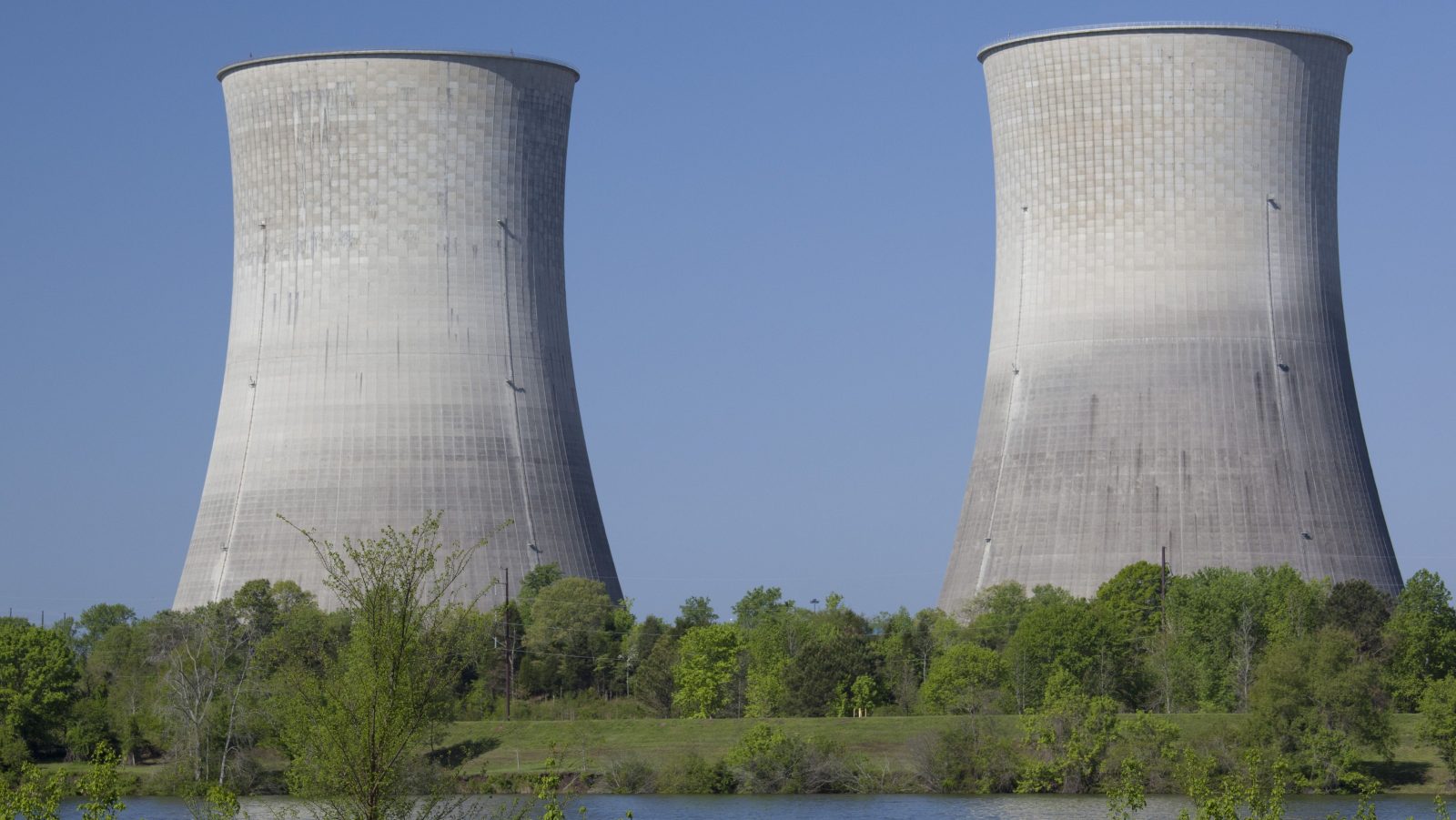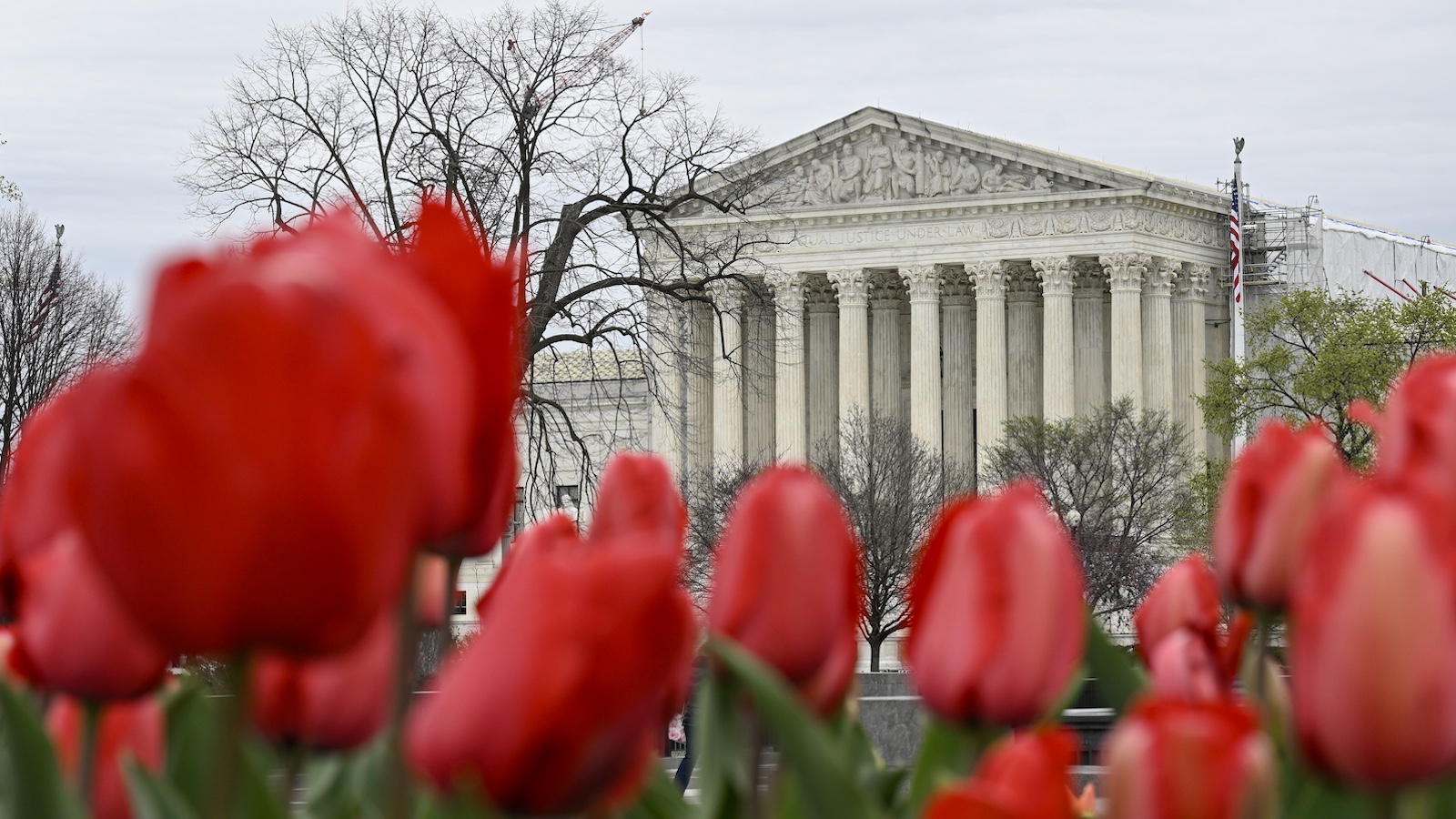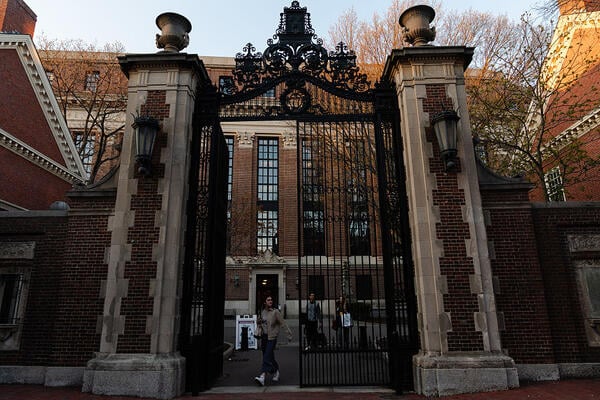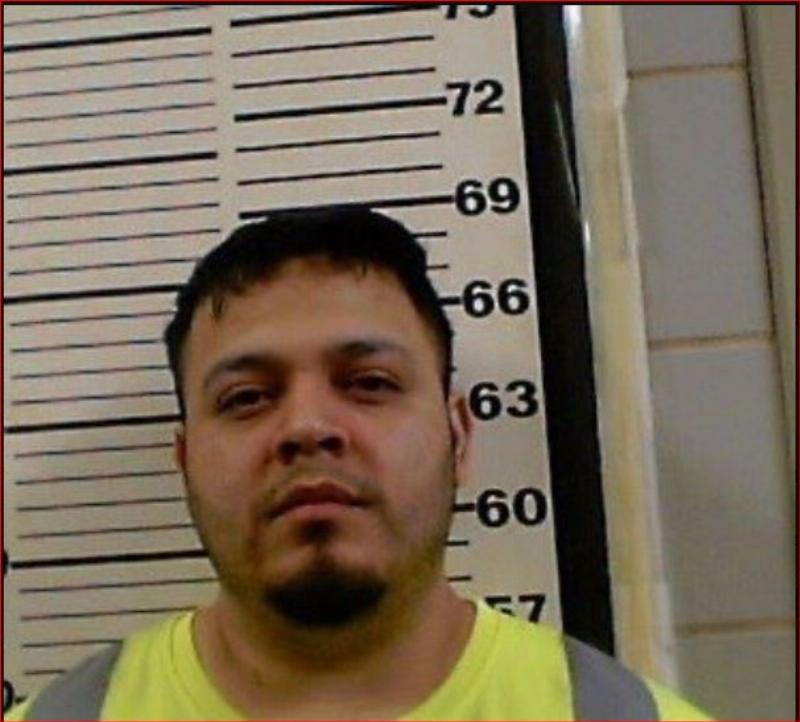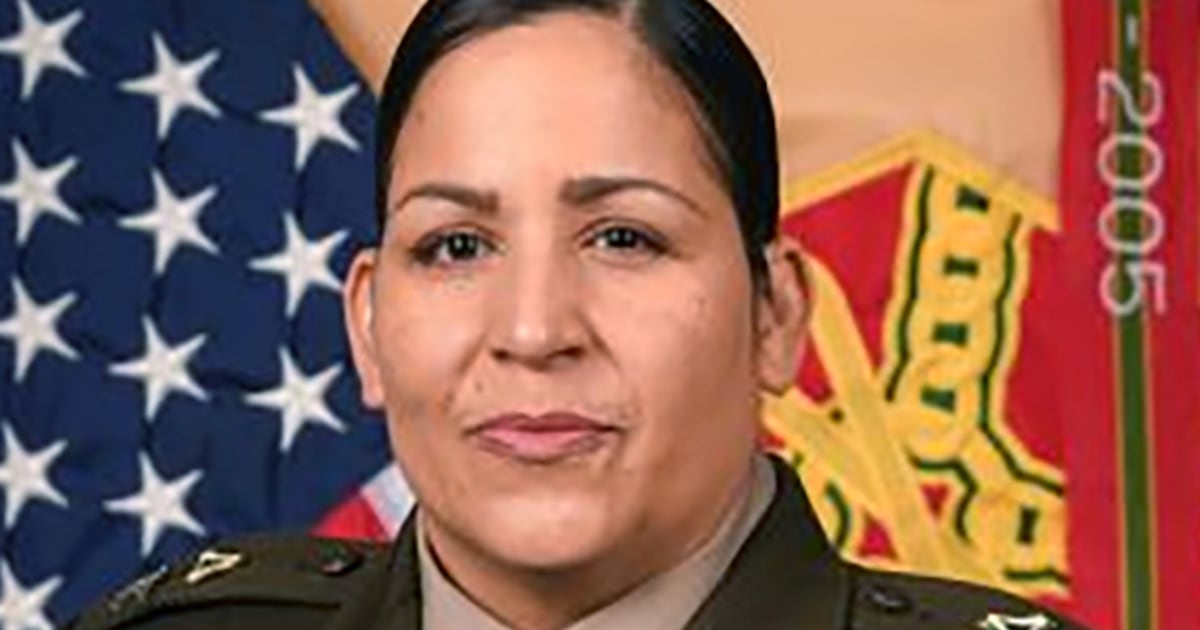Trump Expresses Discontent Over Deadly Russian Strikes on Kyiv

In a recent statement, US President Donald Trump expressed his discontent with the deadly Russian strikes that targeted Kyiv, the capital of Ukraine. The attacks, which occurred overnight into Thursday, resulted in at least 12 fatalities and left more than 90 individuals injured. In light of these devastating events, Trump called on Russian President Vladimir Putin to 'stop' the assaults, although he refrained from indicating whether the United States would take any further actions against Russia.
These latest attacks mark a significant escalation in the ongoing conflict, representing the deadliest strikes Kyiv has experienced since last July. This increase in violence poses a serious challenge to ongoing diplomatic efforts aimed at securing a peace deal between Ukraine and Russia. Notably, during his election campaign last year, Trump had confidently asserted that he could swiftly facilitate such a resolution.
In a rare moment of criticism directed at Putin, Trump took to his social media platform, Truth Social, to convey his thoughts: 'Not necessary, and very bad timing. Vladimir, STOP!' This message highlights Trump's growing frustration with the Russian leader as the situation intensifies.
As the pressure mounts on Ukraine, there are increasing calls for President Volodymyr Zelensky to consider compromises regarding Russian occupation of certain territories as part of a potential peace agreement. On Thursday, Trump appeared alongside Norway's Prime Minister Jonas Gahr Stre at the White House, where he asserted that his primary loyalty lies in 'saving lives' rather than any political allegiance. He indicated that he would wait a week to see if any progress could be made toward a deal, hinting that 'things will happen' if the bombings do not cease.
Trump's special envoy, Steve Witkoff, is scheduled to engage in discussions with Putin in Moscow later on Friday, which underscores the ongoing international diplomatic efforts to address the situation.
Meanwhile, President Zelensky was in South Africa during this tumultuous period and responded to the attacks by stating that he believes the United States could exert more pressure on Russia to achieve a ceasefire. 'We believe that if more pressure is applied to Russia, we'll be able to make our positions closer,' Zelensky told reporters. When questioned about potential concessions, he emphasized that Ukraine's willingness to negotiate with Russia is already a significant compromise. He asserted that a ceasefire must be prioritized as the first step toward peace, and insisted that if Russia expresses readiness to halt hostilities, it must immediately cease its extensive strikes against Ukraine.
Zelensky's visit to South Africa was cut short due to these recent developments, demonstrating the urgency of the situation.
In a related interview with CBS's Face the Nation, Russian Foreign Minister Sergei Lavrov maintained that Russian forces only target military objectives or civilian sites utilized by the military. However, he did not provide any evidence to support this claim. Lavrov also indicated that certain elements of the proposed US peace deal need to be 'fine-tuned' before Russia could agree to the terms.
This series of events illustrates the precarious balance of power and the complexities of international relations as both sides navigate the turbulent waters of war and diplomacy, while the specter of violence looms large over the region.

















